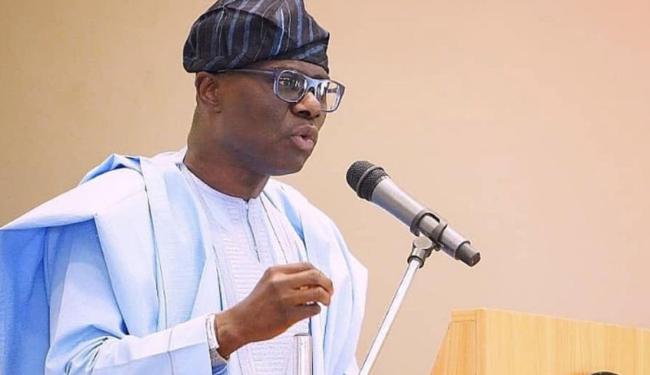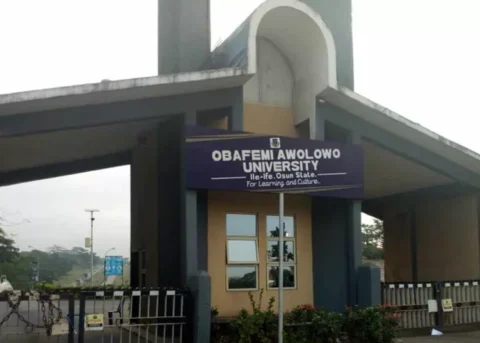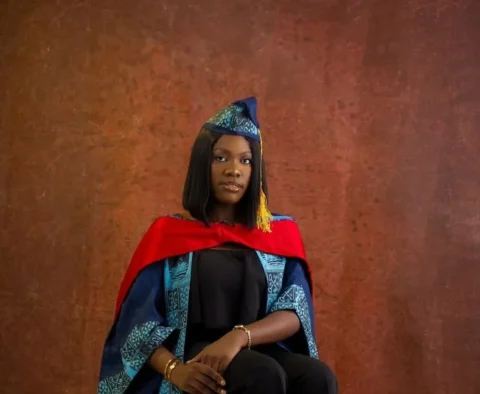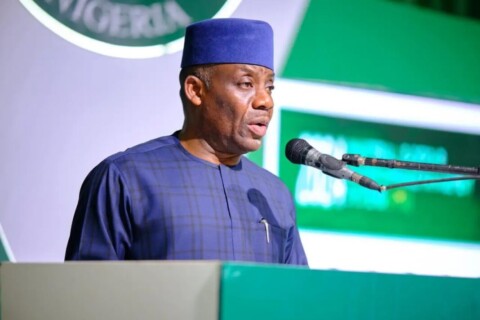The Lagos State Government has expressed strong concern over the continued poor performance of students in public schools during the Senior School Certificate Examinations (SSCE) conducted by WAEC and NECO. The government has urged principals, their deputies, and students to show greater commitment to academic excellence.
Commissioner for Basic and Secondary Education, Mr. Jamiu Alli-Balogun, made this known at a ministerial briefing held to mark the second anniversary of Governor Babajide Sanwo-Olu’s second term. Also in attendance were senior officials from the Ministry of Education, SUBEB, LASTVEB, TESCOM, and representatives from the Ministry of Information and Strategy.
Alli-Balogun noted that students’ performance in the last WASSCE, especially in core subjects like English and Mathematics, was disappointing despite the government’s significant investments in education. Last year, Lagos State spent N1.58 billion to cover WAEC registration fees for 58,188 SS3 students, in line with its free education policy. This year, 56,134 students have been registered for the May/June exams.
Only 47% of students passed five compulsory subjects in the last exam—a result the state considers unacceptable.
In response, the government is implementing key reforms. Only academically qualified SS2 students will now be promoted to SS3 to sit for SSCE, ending the practice of automatic promotion. Principals and vice principals will also teach a minimum of six and eight subject periods weekly, respectively, in addition to their administrative roles.
The Office of Education Quality Assurance has been tasked with monitoring and reporting misconduct among staff, including absenteeism, truancy, and harassment, for disciplinary action.
To enhance holistic learning, schools have been directed to revive extracurricular activities such as sports, debates, quizzes, and the arts. These initiatives are aimed at boosting student engagement and improving exam results.
Over the past year, the state established 17 new schools and approved 242 private institutions. It also carried out infrastructure upgrades across the six educational districts and recruited over 4,300 teachers to enhance teaching quality.
Reaffirming the government’s dedication to education, Alli-Balogun stated that Governor Sanwo-Olu remains committed to providing accessible, quality education as a means of lifting children out of poverty and preparing them for a brighter future.





